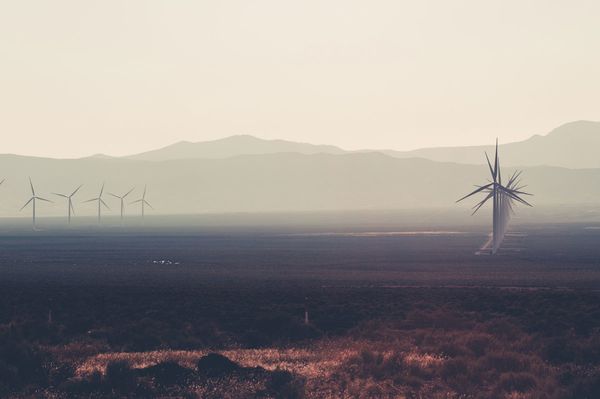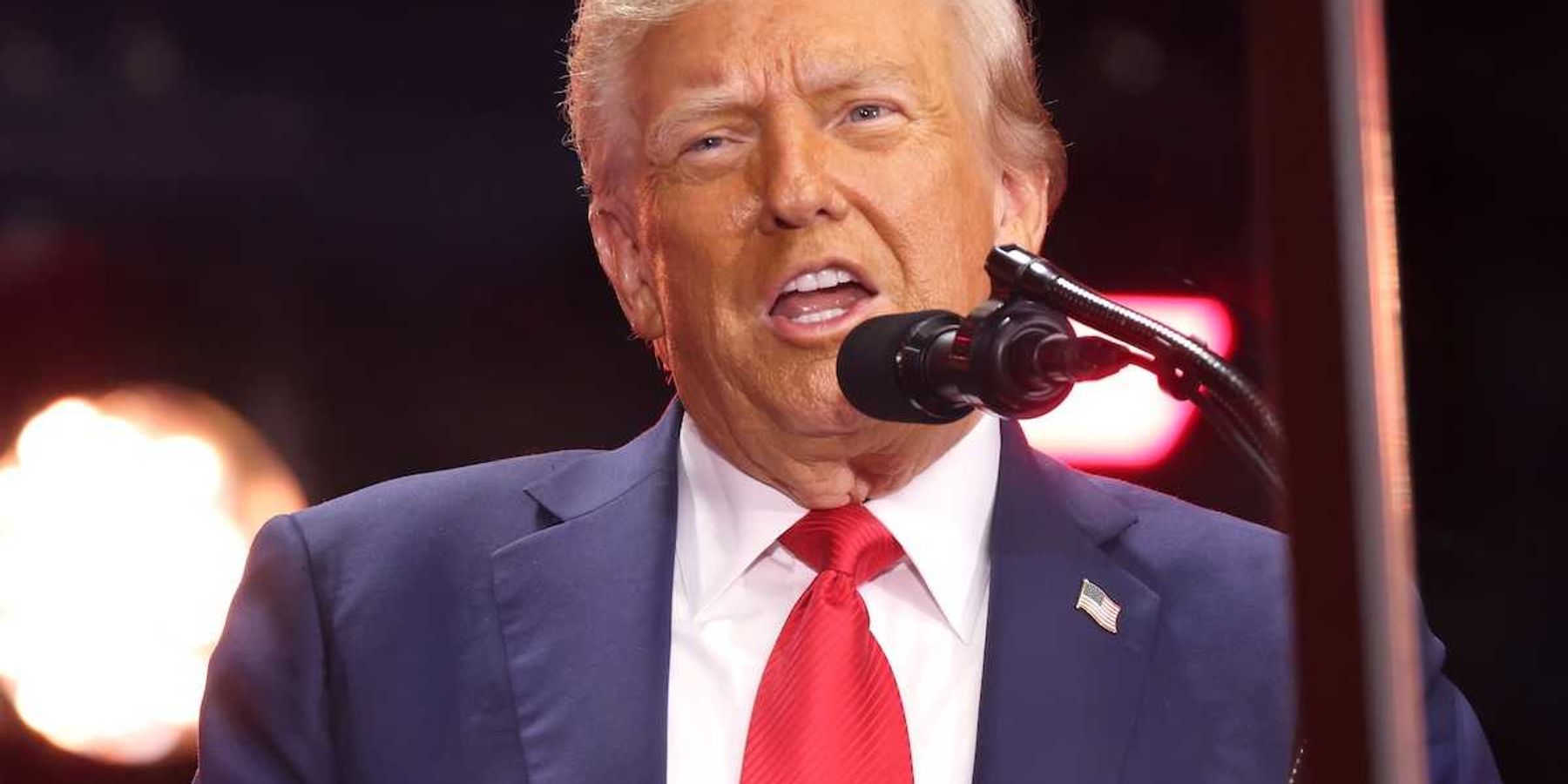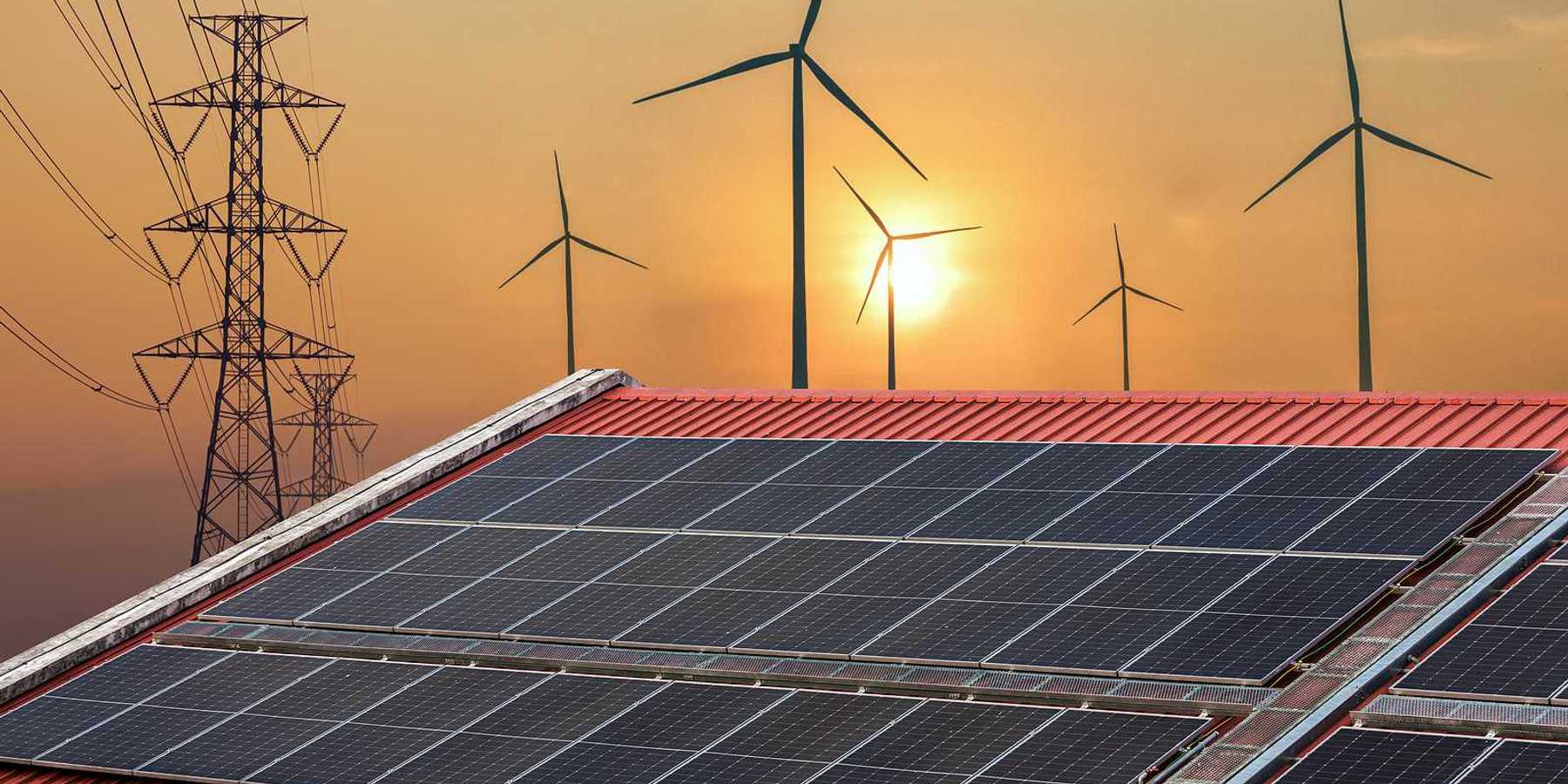china and energy
‘Single-minded determination’: China’s global infrastructure spree rings alarm bells
Regional leaders have been quick to seize on opportunities offered by Beijing, but environmental experts warn that many of these projects could cause irreversible environmental damage in highly biodiverse areas.
Attack of the turtles: ruralists assault environmental laws, Amazon
China’s Belt and Road poised to transform the Earth, but at what cost?
Solar soars: Renewable energy, by the numbers
Global investment climbs to $280 billion in 2017—and the economies leading the charge may surprise you.
Here's some material for your next trivia night or cocktail party.
1. The leading location by far for renewable energy investment last year was ____, with $126 billion invested—45 percent of the global total.
a) China
b) Europe
c) Saudi Arabia
(Note that the United States isn't even an option.)
2. Who saw the bigger decline in renewable energy investment in 2017:
a) Europe
b) United States
c) Japan
3. Of the top 10 countries investing in renewable energy, the biggest jump—810 percent, to $6 billion—was made by ______.
a) Australia
b) Mexico
c) Sweden
We'll get to the answers in a minute. For now, know that 2017 saw a record 157 gigawatts of renewable power commissioned, far outstripping the 70 GW of net fossil fuel generating power added.
Solar alone accounted for 98 GW, about 38 percent of the total, according to an assessment released Thursday by the United Nations Environment Program, the Frankfurt School-UNEP Collaborating Center for Climate & Sustainable Energy Finance, and Bloomberg New Energy Finance.
The sobering news: The proportion of world electricity generated by wind, solar, biomass and waste-to-energy, geothermal, marine and "small hydro" barely nudged despite those investments, creeping from 11 percent in 2016 to 12.1 percent in 2017.
"The world added more solar capacity than coal, gas, and nuclear plants combined," said Nils Stieglitz, president of Frankfurt School of Finance & Management, in a statement. "This shows where we are heading, although the fact that renewables altogether are still far from providing the majority of electricity means that we still have a long way to go."
Angus McCrone, Chief Editor of Bloomberg New Energy Finance and lead author of the report, said: "In countries that saw lower investment, it generally reflected a mixture of changes in policy support, the timing of large project financings, such as in offshore wind, and lower capital costs per megawatt."
Europe suffered a 36 percent decline renewable investments, to $40.9 billion, in large part because U.K. investments fell 65 percent as subsidies for onshore wind and utility-scale solar ended, report authors concluded. Germany also pulled Europe lower as costs-per-megawatt for offshore wind dropped and uncertainty grew over a shift to auctions for onshore wind.
But the good news, the report's authors stressed, is the flow of money: For the eighth year running, global investments in renewable energy topped $240 billion. Last year's total investment—$280 billion—was 2 percent higher than 2016's tally (but far below the all-time-high of $323 billion set in 2015). The cumulative global investment since 2004, according to the document, is $2.9 trillion.
As for those trivia question answers: China last year led the globe in investment, pouring $126 billion into renewable energy projects, a 35 percent bump from 2016. Europe saw the biggest drop, led in part by policy changes and market uncertainties in the U.K. and Germany.
And the biggest jump in investment among the top 10 countries pouring money into renewable infrastructure was Mexico. Investments within the United States, meanwhile, dropped 6 percent, to $40 billion.
Perhaps one day the U.S. will be throwing a power line over that border wall.
Small hydropower a big global issue overlooked by science and policy
Brazil 2018: Amazon under attack, resistance grows, courts to act, elections
Brazil 2017: environmental and indigenous rollbacks, rising violence
President Temer, pressed by the ruralist lobby, attacked indigenous and traditional land rights, conserved lands, and Amazon forests this year, and retreated from Brazil's Paris climate goal.










